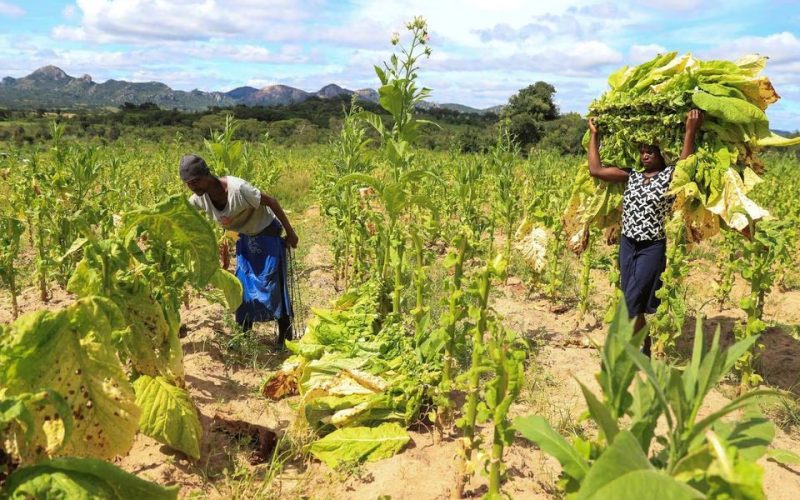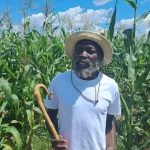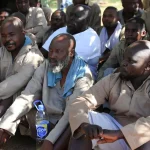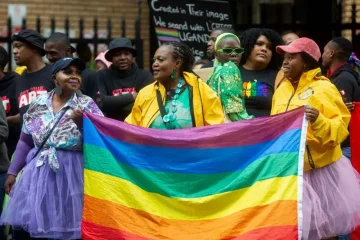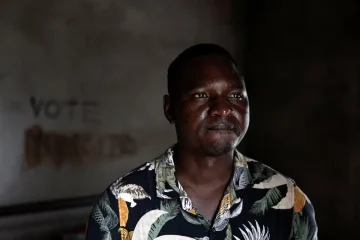NYASHA CHINGONO
AS the sweltering morning sun beat down on them, about half a dozen young Zimbabwean women stacked green tobacco leaves into sheaves while another group, some with babies on their backs, loaded the harvested crop onto a tractor.
In a largely male-dominated sector, Michelle Gwatimba, 36, who runs this small farm 200 km (124 miles) north of Zimbabwe’s capital Harare, is not only blazing a trail for women but also provides a livelihood for those who survived violence.
“We realized in the settlements around the farm, where we get most of our staff, there was a lot of gender-based violence,” said Gwatimba, whose Tzoro Greenfields farm provides employment to over 80 families, most of them led by women.
She spoke ahead of International Women’s Day being marked on Wednesday around the world with rallies and demonstrations where many women activists are calling for equal rights and better wages.

Gwatimba, who went into farming after leaving a government job in Harare as an IT technician in 2019, told Reuters she found being one of few women in the tobacco industry “intimidating… but it is so rewarding”.
More than two decades since the chaotic land reform programme that dispossessed thousands of White commercial farmers, Zimbabwe is witnessing a new wave of young Black farmers taking up tobacco farming, one of its biggest cash crops.
It constituted about 12% of the southern African country’s total exports in January, according to official figures.
Most of the growers are contracted by private companies to produce the crop and receive seeds, fertilizers and chemicals, to help boost output.
Gwatimba, who lost 30% of her tobacco crop to hailstorms in recent weeks, said she was determined to make a success of commercial tobacco farming.
Having started farming on her late father’s 60-hectare (148-acre) farm in Mashonaland Central – one of Zimbabwe’s most fertile regions – she has also ventured into cultivating soya beans and cattle rearing.
Others like Chisauke Isaac, 39, have Gwatimba’s farm to thank for providing her with a job to help her feed her three children.

